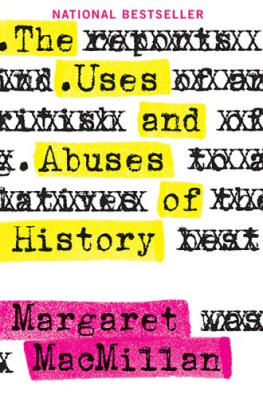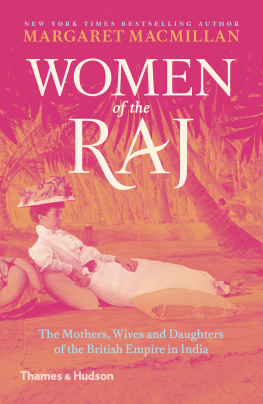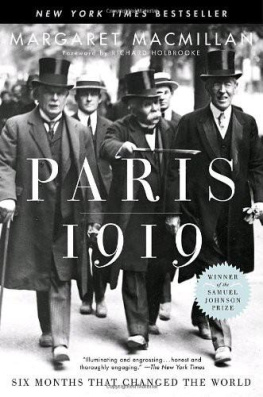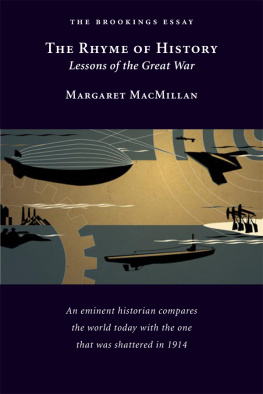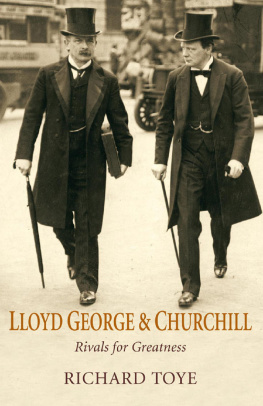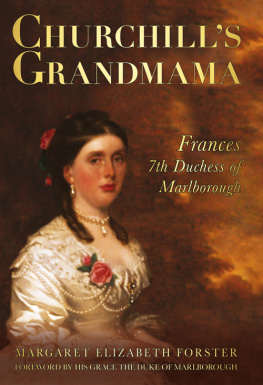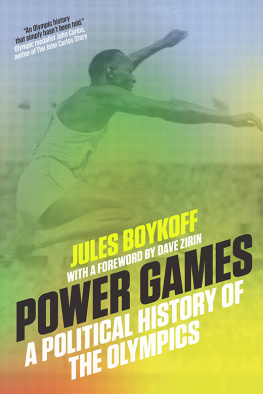Margaret MacMillan - Dangerous Games: The Uses and Abuses of History
Here you can read online Margaret MacMillan - Dangerous Games: The Uses and Abuses of History full text of the book (entire story) in english for free. Download pdf and epub, get meaning, cover and reviews about this ebook. year: 2009, publisher: Modern Library, genre: Politics. Description of the work, (preface) as well as reviews are available. Best literature library LitArk.com created for fans of good reading and offers a wide selection of genres:
Romance novel
Science fiction
Adventure
Detective
Science
History
Home and family
Prose
Art
Politics
Computer
Non-fiction
Religion
Business
Children
Humor
Choose a favorite category and find really read worthwhile books. Enjoy immersion in the world of imagination, feel the emotions of the characters or learn something new for yourself, make an fascinating discovery.

- Book:Dangerous Games: The Uses and Abuses of History
- Author:
- Publisher:Modern Library
- Genre:
- Year:2009
- Rating:4 / 5
- Favourites:Add to favourites
- Your mark:
Dangerous Games: The Uses and Abuses of History: summary, description and annotation
We offer to read an annotation, description, summary or preface (depends on what the author of the book "Dangerous Games: The Uses and Abuses of History" wrote himself). If you haven't found the necessary information about the book — write in the comments, we will try to find it.
History is used to justify religious movements and political campaigns alike. The manipulation of history is increasingly pervasive in todays world. Dictators may suppress history because it undermines their ideas, agendas, or claims to absolute authority. Nationalists may tell false, one-sided, or misleading stories about the past. Political leaders might mobilize their people by telling lies. Adolf Hitler, for instance, blamed the Jews for Germanys humiliation at Versailles and its defeat in World War I. It is imperative that we have an understanding of the past and avoid the all-too-common traps in thinking to which many fall preyas MacMillan skillfully illuminates. This brilliantly reasoned work will compel us to examine history anew, including our own understanding of it, and our own closely held beliefs.
Margaret MacMillan: author's other books
Who wrote Dangerous Games: The Uses and Abuses of History? Find out the surname, the name of the author of the book and a list of all author's works by series.

